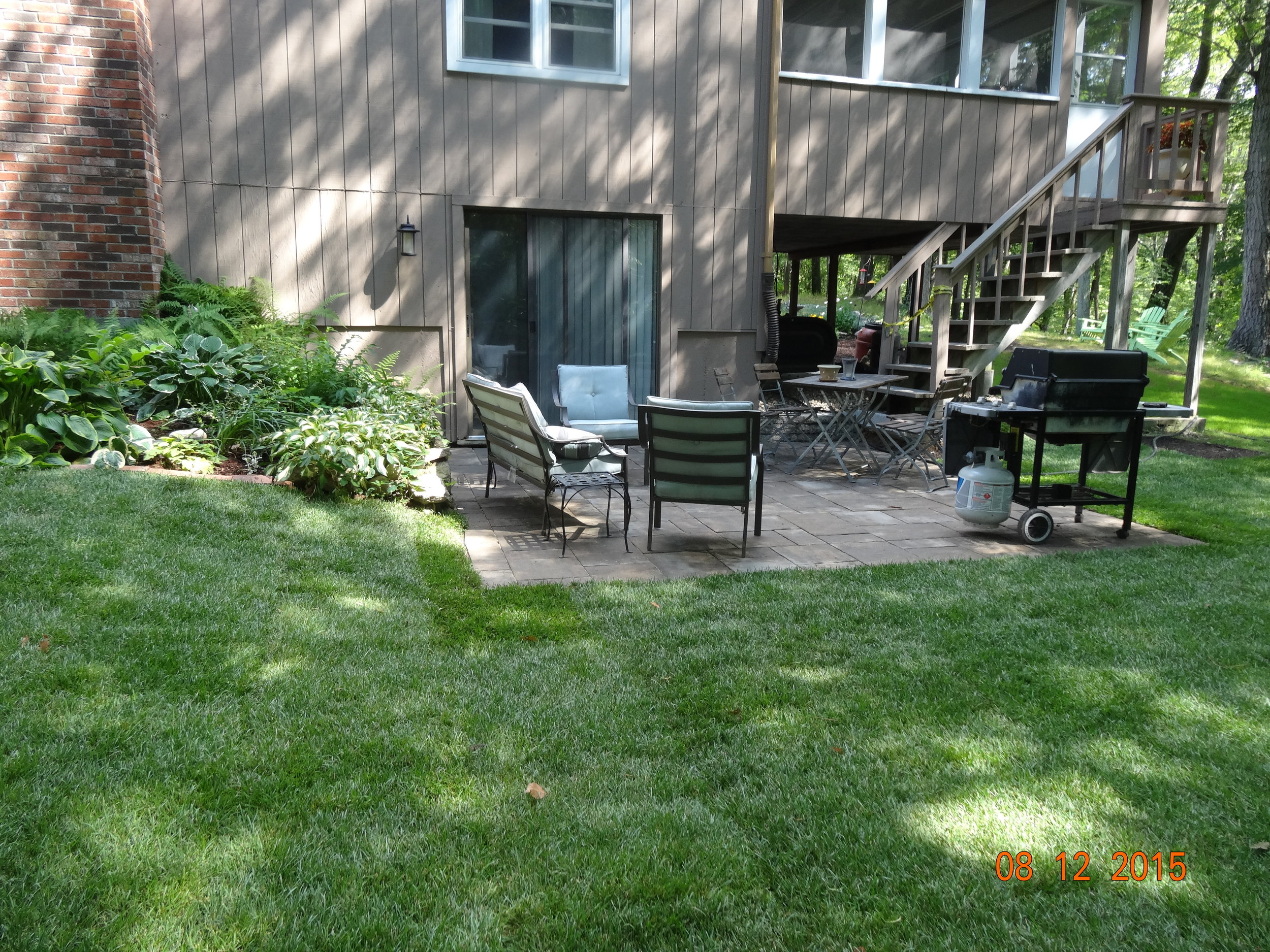If heavy rains turn your property into a swamp—or worse, water from your landscape flows into the neighbor’s yard—a dry well can save the day as well as your reputation as a good neighbor. Here is how excavation companies can help control groundwater in Wellesley, MA with a dry well installation.
Uncontrolled stormwater can cause serious damage to structures and property, and runoff can be amplified when it is coming from roofs and traditionally crafted driveways or patios. Unless you have permeable pavers installed on your patio and driveway that help with stormwater runoff, you may be faced with a large amount of water that cannot absorb into the soil fast enough to avoid problems.
Related: How Sharon, MA, Excavation Companies Can Help Your Drainage Problems
What Is a Dry Well?
A dry well, also known as a soak well, is a way to dissipate stormwater runoff into the ground. It can be either a structural chamber (similar to a septic tank) or a gravel-filled pit. Dry wells are typically covered with turf for a more attractive appearance.
A dry well is installed at the low point of your property, but above the water table. One or several entry pipes funnel water into the dry well. The internal volume of an empty dry well is mostly air; this gives the dry well the capacity to quickly accept a rush of water and contain it as it slowly percolates into the ground via several small openings in the sides and bottom of the dry well.
Simple gravel-pit dry wells do not have as much storage capacity as storage-tank dry wells. If your property does not experience frequent runoff, this could be an economical option. Storage-tank dry wells can handle significantly more runoff, which is great news if your property tends to be a magnet for water.
Related: 3 Factors to Consider When Scouting Excavation Companies in Sudbury, MA
When Do You Need a Dry Well?
One of the most important factors when considering a dry well is the soil. This is an area where excavation companies can help. They can do a percolation (perc) test to determine how quickly water absorbs into the soil in your yard. A perc test involves digging holes, filling them with water, and recording how fast water seeps into the ground. This number varies depending on the type of soil (clay soils are generally not suitable for dry wells).
Depending on the typical amount of stormwater you need to have managed as well as the topography and soil conditions, you may need one or more dry wells to get the results you want. You could, for instance, install one dry well for each downspout.
Working with the land is essential, too, which is why the expertise of excavation companies is invaluable. For example, you want to divert water away from the foundation to a spot that is at least 12 feet away. You also want to make sure that the surface of the dry well (typically grass) is installed in such a way as to prevent the dry well from filling up with sediment or debris. There also needs to be a way to deal with stormwater that exceeds the capacity of your dry well.


